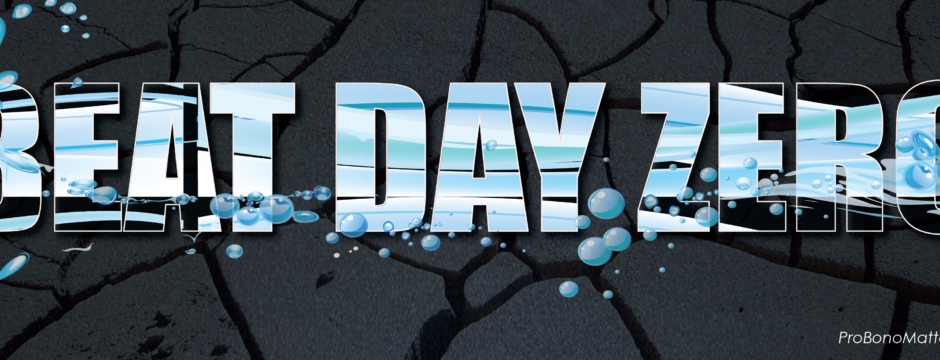Culture Week!!! The glorious mid-term celebration each year at Alquería that allows the language department a unique opportunity to stop concentrating on language learning and to dig deeper into other topics using our target languages.
As you all know now, our theme this year was the Mediterranean region, and specifically learning about the geography of the area. We covered the same general content in each grade but increased the amount and complexity of the knowledge in each year group.
We began discussing what we know about the sea, linking back to last year’s culture week in which we learned about water! We recapped how much water is on the earth, discussed the major differences between ocean and seas, and finally we drilled down on the unique features of the Mediterranean. We put special emphasis on being able to name, recognize and pronounce (in English) the continents the sea touches, and the countries on each continent. We discussed the island nations, the “doors” to the sea and differentiated between the natural connections (like the Straits of Gibraltar and the Bosporus) as compared to the manmade Suez Canal.
To help consolidate this learning that began prior to Culture Week, this week brought the surprise of messages in bottles that had travelled across the Mediterranean to our classes.
While each class had different guesses to what the bottles might contain (treasure maps? Love letters?) actually each bottle had a different challenge related to the geography and trivia about the region for the teams to answer. The challenge was made more interesting due to time limits imposed by an hourglass (sandglass)! They kids collaborated on each challenge and solved them with great enthusiasm as you can see in the photos below.
We culminated our celebrations by visiting celebrities as Year 6 transformed into famous people, ancient and modern, from the region. Each student wrote and learned their “autobiography”, created a poster about “their life” and recited it to all of the other students in the school! Not only did they do a lot of work becoming living statues and teachers to all of primary, but they did it with wonderful energy and excitement! Here are some photos so you can enjoy our living museum too!
Congratulations Alquería on your wonderful work this week!
________________
¡¡¡La Semana Cultural !!! La gloriosa celebración en la mitad del segundo trimestre en Alquería que brinda al departamento de idiomas una oportunidad única para dejar de concentrarse en el aprendizaje de idiomas en sí y profundizar en otros temas utilizando, en este caso inglés como idioma de comunicación.
Como todos sabéis, nuestro tema de este año fue la región mediterránea, y concretamente aprender sobre la geografía de la zona. Trabajamos el mismo contenido general en cada curso, pero aumentamos la cantidad y complejidad del conocimiento acorde con la edad de cada grupo. Comenzamos hablando de lo que sabemos ya sobre el mar, ¡vinculándonos a la semana cultural del año pasado en la que aprendimos sobre el agua! Recapitulamos cuánta agua hay en la tierra, destacamos las diferencias principales entre los océanos y los mares y, finalmente, profundizamos en las características únicas del Mediterráneo. Ponemos especial énfasis en poder nombrar, reconocer y pronunciar (en inglés) los continentes que toca el mar y los países de cada continente. Hablamos de las naciones insulares, las «puertas» al mar y diferenciamos entre las conexiones naturales (como el Estrecho de Gibraltar y el Bósforo) en comparación con el Canal de Suez que fue hecho por los hombres. Para ayudar a consolidar este aprendizaje que comenzó antes de la Semana de la Cultural, esta semana trajó a nuestras clases la sorpresa de mensajes en botellas que habían viajado por el Mediterráneo.
Si bien cada clase tenía diferentes suposiciones sobre lo que podrían contener las botellas (¿mapas del tesoro? ¿cartas de amor?) en realidad cada botella tenía un desafío diferente relacionado con la geografía y hechos interesantes sobre la región para que los equipos respondieran. ¡El desafío se hizo más interesante debido al reloj de arena! Afrontaron cada reto de manera colaborativa y con ganas que se puede apreciar en las fotos.
Culminamos nuestras celebraciones visitando a personas celebres de la región. Los alumnos de sexto se transformaron en personajes famosos, antiguos y modernos. Cada estudiante escribió y aprendió su «autobiografía,» creó un cartel sobre «su vida» y se lo recitó a todos los demás estudiantes de la escuela. No solo hicieron mucho trabajo convirtiéndose en estatuas viva y siendo maestros para todos los de primaria, ¡sino que lo hicieron con una energía y entusiasmo maravilloso! ¡Aquí tenéis algunas fotos para que puedas disfrutar también de nuestro museo viviente! ¡Felicidades Alquería por tu maravilloso trabajo esta semana!



